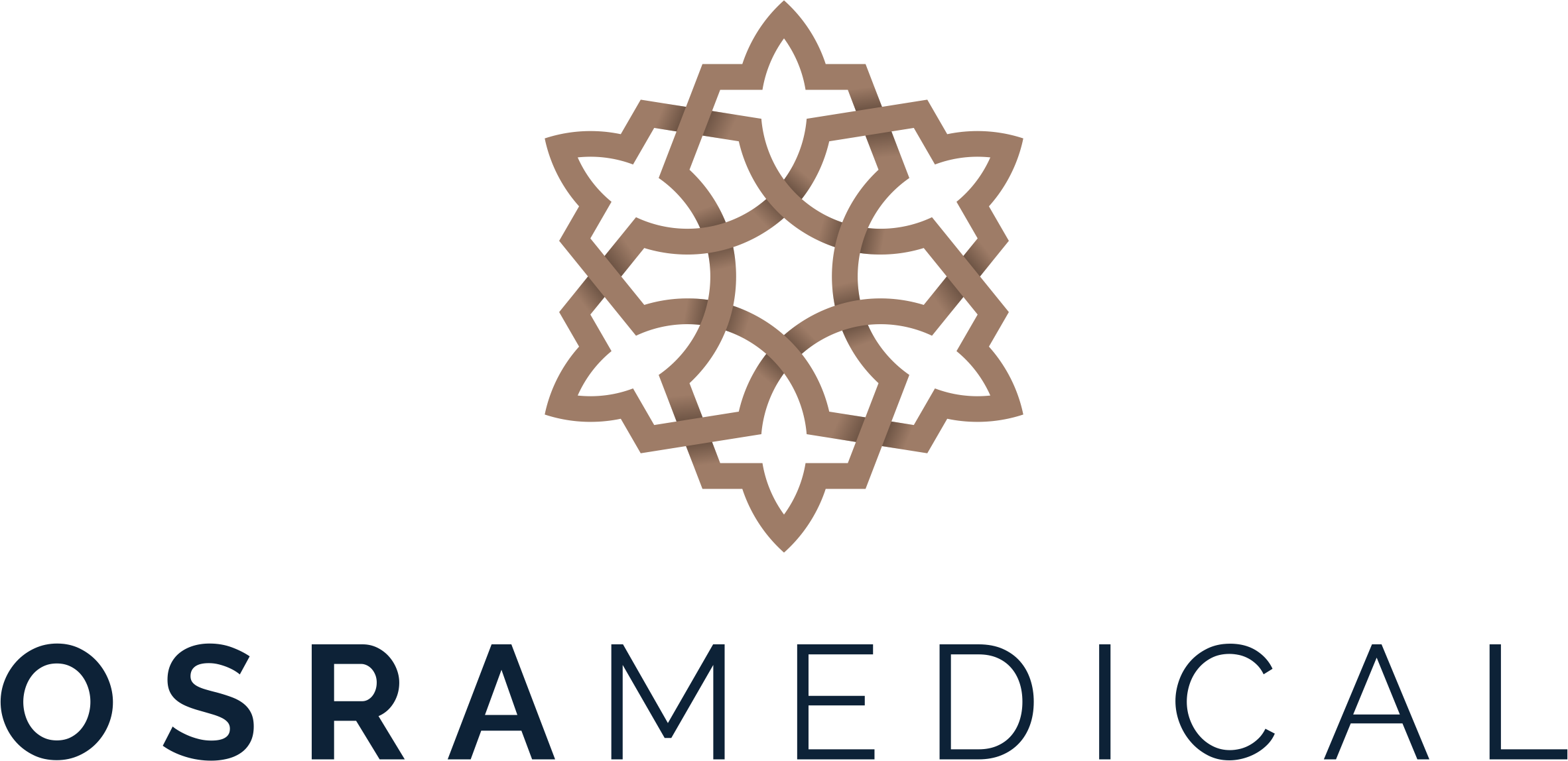COVID-19 Policy | OSRA Medical
Osra Medical will be open again for all ESSENTIAL in-person medical services (physical exam, blood draws and treatment). To protect all patients, the following will be implemented at the practice:
1. Patient visits and social distancing protocol:
- All patients visits will start with a telemedicine visit first. This is to minimize physical contact and the time spent in the office. We can discuss the medical concerns and any counseling and recommendations can be made via video. After a medical plan is decided, the patient can either be treated remotely via telemedicine or schedule an in-person follow up visit for a physical exam, blood draw and/or treatment.
- There will be 4 in-person visit slots per day. The visits will have very focused objectives that were discussed via telemedicine. So the patient should not spend more than 15-30 minutes in the office. Follow up questions can be addressed in a follow up telemedicine visit.
- The doctor seeing patients is also able to draw blood and administer treatment. So the patient will not be interacting with more than one person.
- All visitors are required to have their nose and mouth covered with no exceptions.
- Osra Medical’s staff will also be in personal protective equipment and change that between patient encounters.
2. Infection Control:
- COVID-Like symptoms: Patients with any symptoms consistent with COVID will have a video visit first. If further evaluation is needed (testing, blood draw or treatment) the patient will coordinate coming in and will go into an isolated section of the office. All surfaces will be cleaned with FDA-approved agents. The space will be left for at least an hour between patients to allow for adequate ventilation.
- All other patients: The remaining patients will come in through the other section of the office. Since some patients may be carrying the virus and not show symptoms. similar infection control measures will be followed. The patient would still have limited time physically spent in the office. All surfaces will be cleaned with FDA-approved agents. The space will be left for at least an hour to allow for adequate ventilation.
- All patients are required to cover their nose and mouth when they come into the office with no exceptions.
- The staff seeing the patients need to follow locally implemented protocol for putting on and removing personal protective equipment to remain healthy and protect patients.
3. COVID testing:
- Testing with swabs and/or blood draws for antibody testing will be available and offered after discussing each case.
Other steps our practice have taken to ensure your safety:
COVID-19 Education
- Educated staff about coronavirus disease 2019 (COVID-19), and why it is important to contain the outbreak.
- Educated staff on facility policies and practices to minimize chance of exposure to respiratory pathogens including SARS-CoV-2, the virus that causes COVID-19.
- Trained and educated staff with job-or task-specific information on preventing transmission of infectious agents, including refresher training.
- Educated staff about COVID-19 evaluation and treatment.
- Educated staff about alternative of office management plan.
Office Preparedness
- Designed a COVID-19 office management plan that includes patient flow, triage, treatment and design.Provide hand sanitizer, approved respirators, face shields/goggles, surgical masks, gloves, and gowns for all caregivers and staff to use when within six feet of patients with suspected COVID-19 infection. . Provide training for staff on respirators to ensure fit and appropriate use.
- Ensure adherence to standard precautions, including airborne precautions and use of eye protection. Assume that every patient is potentially infected or colonized with a pathogen that could be transmitted in a health care setting.
- Implement mechanisms and policies that promptly alert key facility staff including infection control, health care epidemiology, facility leadership, occupational health, clinical laboratory, and frontline staff about known suspected COVID-19 patients (i.e. PUI). Keep updated lists of staff and patients to identify those at risk in the event of an exposure.
- Staff should follow the CDC guidelines collecting, handling and testing clinical specimens from PUIs for COVID-19.
- Review proper office and medical cleaning routines. Routine cleaning and disinfection procedures are appropriate for SARS-CoV-2 in health care settings, including those patient-care areas in which aerosol- generating procedures are performed. Products with emerging viral pathogens claims are recommended for use against SARS-CoV-2. Management of laundry, food service utensils, and medical waste should also be performed in accordance with routine procedures.


